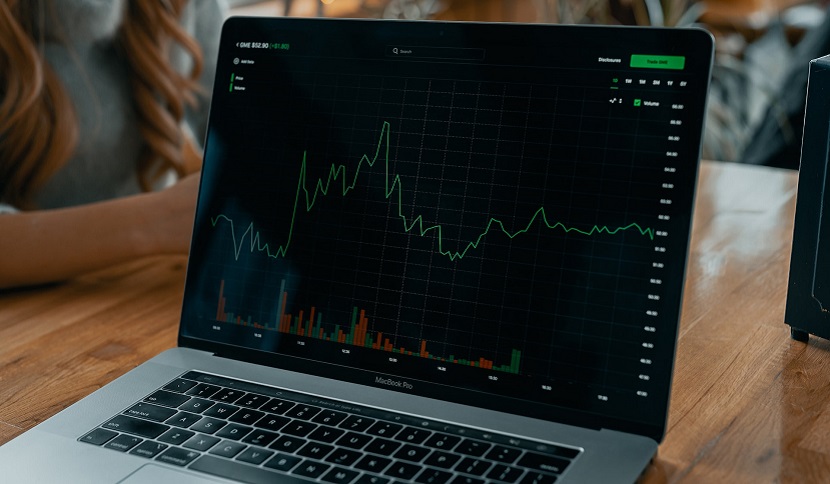The cost of protecting Deutsche Bank’s debt from default surged to more than four-year highs on Friday, raising investor concerns about the health of Europe’s banks. As a result, Deutsche Bank’s shares dropped.
The last week has been difficult for the region’s banking industry as the state-backed rescue of Credit Suisse and unrest among local U.S. institutions have raised questions about the viability of the global banking industry.
Deutsche Bank’s shares, which have already lost more than a fifth of their value this month, hit their lowest level in five months on Friday after falling as high as 14.9%. The shares recently traded at 8.13 euros ($9.16), down 13%.
Nevertheless, the market value of the biggest bank in Germany has lost $3 billion in just one week.
According to data from S&P Market Intelligence, Deutsche Bank’s credit default swaps (CDS), a type of protection for bondholders, went up to 220 basis points (bps), the most since late 2018, from 142 bps just two days ago.
According to Refinitiv statistics, Deutsche Bank CDS experienced their highest single-day gain ever on Thursday. However, they are still well below highs of around 300 bps seen in 2011 during the euro zone debt crisis.
Indicating investors’ reluctance to take any risk in their portfolios going into the weekend, CDS for major European banks increased across the board on Friday.
According to Stuart Cole, head macro economist at Equiti Capital, “Deutsche Bank has been in the spotlight for a while now, in a similar way to how Credit Suisse had been.” It has undergone numerous restructurings and leadership changes in an effort to get back on track, but thus far none of these initiatives appear to have had much success.
In the meantime, some of Deutsche Bank’s bonds were also sold off. The yield on its 7.5% Additional Tier-1 dollar bonds increased to 27% after dropping nearly 6 cents to 70.054 cents on the dollar. Based on data from Tradeweb, that yield has increased by over three times since just two weeks ago.



